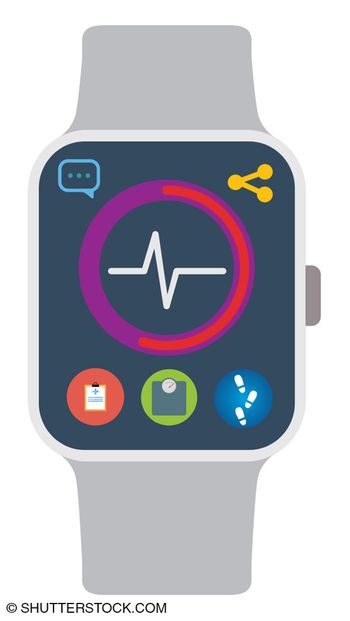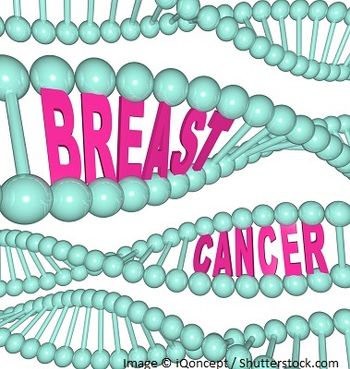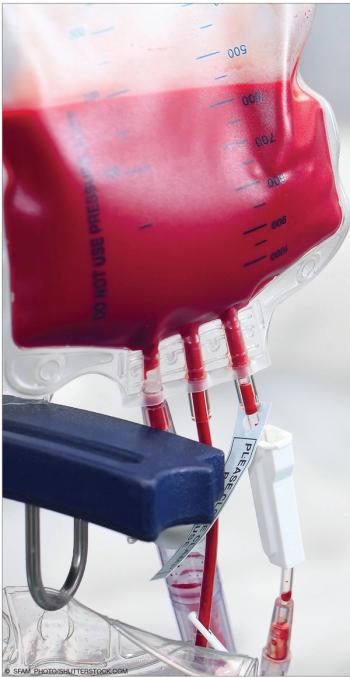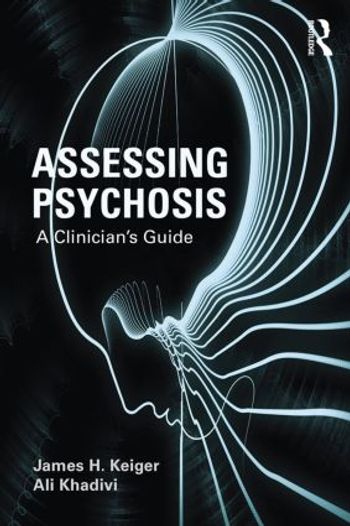
Can a wearable device improve mental health outcomes?

Can a wearable device improve mental health outcomes?

The very traits that define a good physician make it difficult for most doctors to prioritize basic self-care. Many fail to notice early signs of dysfunction.

Collaboration between the psychiatric nurse practitioner and psychiatrist will be part of the solution to the workforce issue that leaves so many underserved patients without good mental health care.

Children in foster care; combat vets; physicians with mental health needs: Dr Koh introduces a series of articles on these and other special patient populations.

Leaving the military is not an easy or simple process. Here is one psychiatrist's personal story.

Here's how the general psychiatrist can play a greater role in better outcomes for children in foster care.

To support patients with breast cancer, psychiatrists should be aware of possible medication interactions, psychiatric or neurologic adverse effects of treatment, and signs of disease progression--issues that are the focus here.

What do we know about the health and drug consumption habits of the Nazi leader of the German people from 1933 to 1945?

A new CDC guideline on prescribing opioids for chronic pain has only added to the media attention being focused on opioid abuse and addiction. But what does the guideline really offer?

Here: key take-home points from 6 new studies on adolescent and child psychiatry chosen for their clinical relevance, applicability, and quality.

What are the most effective assessment practices for ASD during the developmental stages of early childhood, middle childhood, adolescence, and adulthood?

Does this patient have decision making capacity to refuse a blood transfusion that will likely save his life? You are the ethics consultant, and the decision is yours.

Here are a few things that make me glad I'm a psychiatrist.

The many potential stressors for astronauts during space missions present unique and fascinating 21st century psychiatric and psychological issues.

Depend on it: like managed care, e-prescribing will come to your neighborhood sooner or later-- and will truly constitute the law of the land. Here's guidance for the perplexed.

I’m glad we’re studying this one, a lusty, almost immortal guy living in his dark tunnels of love.

Has DSM-5 made diagnosis of bipolar disorder more difficult? Answers to this and 5 other questions.

Methods of identifying and understanding the intricacies of psychosis in clinical settings.

For patients suffering the chronic, debilitating symptoms of schizophrenia, antipsychotic medication is a critical component of treatment-and may literally be life-saving.